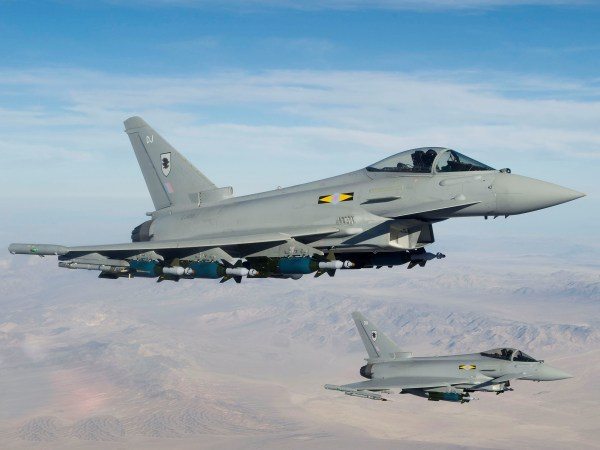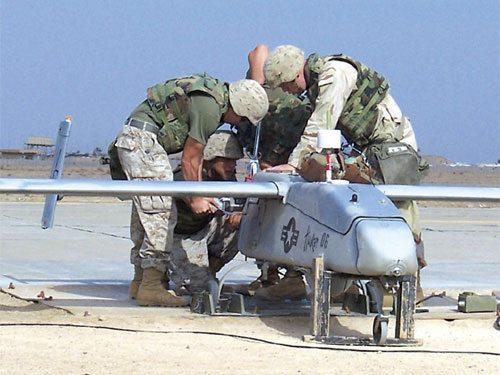Rejecting the carping by those ejected out of the hotly-contested $10.4 billion MMRCA (medium multi-role combat aircraft) race, most notably the US, India is going full throttle to ink the “mother of all defence deals” by December.
The aim is to ensure that deliveries of the 126 fighters begin from December 2014 onwards to stem IAF’s fast-eroding combat edge. Top defence sources, in fact, said plans were afoot to base the first MMRCA squadron in the western sector, most probably at Ambala, by end-2015.
The first 18 jets will come in “fly-away condition” from the aviation major — only Eurofighter Typhoon (EADS) and French Rafale (Dassault) are now left in contention — finally selected for the project.
Subsequent batches of the 108 fighters, to be manufactured in India by Hindustan Aeronautics (HAL) after transfer of technology, will progressively be based in other operationally relevant locations, with special focus on the eastern front with China.
“The first fighter built in HAL should roll out in December 2016. Thereafter, HAL will deliver six jets per year, which will go up to 20 per year later. HAL will achieve 85% technology absorption by the end,” said a source.
With plans clearly chalked out, MoD ruled out any scope for comebacks by the eliminated four fighters — American F/A-18 ‘Super Hornet’ (Boeing) and F-16 ‘Super Viper’ (Lockheed Martin), Swedish Gripen (Saab), and Russian MiG-35 (United Aircraft Corporation).
With only Typhoon and Rafale left in the reckoning after the “gruelling and transparent” technical and flying evaluation, MoD’s Technical Oversight Committee (TOC) and Technical Offsets Evaluation Committee (TOEC) are now working to submit their reports soon.
“We should be ready to open the Typhoon and Rafale commercial bids in July,” said the source. Thereafter, it will take another month to determine the lowest bidder (L-1) because of “huge mathematical and data verification” of the lifecycle costs of operating the jets over a 40-year period. Commercial negotiations with the L-1 vendor will then begin before the final contract is ready for signing by December.
Asked about “points” being raised by eliminated vendors, sources said only Rafale and Typhoon were found “compliant” on all the 643-660 technical attributes or ASQRs (air staff qualitative requirements) laid down to meet IAF’s specific operational requirements.
“Our test pilots flew 222 sorties, over 270 hours, on the six fighters in different weather conditions in India and abroad. Each vendor was informed of its jet’s performance at every stage… they have no reason to complain,” the source said.
But what about the crucial AESA (active electronically scanned array) radar, which is operational only on American fighters at present? MoD said the ASQRs did “not require a flying AESA radar”. Instead, vendors had to demonstrate “a baseline radar model in flight or on a test-bed, the complete working model in a lab and how it would be integrated” on the Indian MMRCA. “Five fighters, including Rafale and Typhoon, met this requirement,” said the source.
Overall, MoD and IAF are confident there are “enough safeguards” built into the project, which include “performance-based logistics” to ensure India “gets the best machine, spares and product support”.










